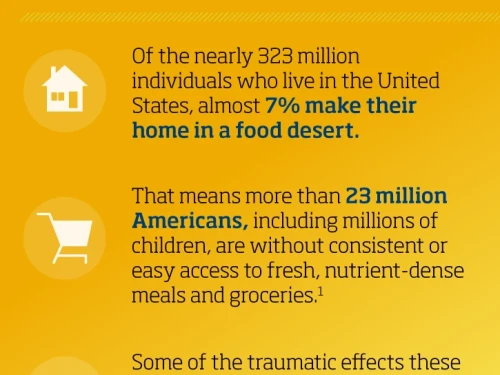Bachelor’s Degree
Explore blog posts highlighting Kent State University’s online bachelor’s degree programs, including fields such as Cybercriminology, Integrative Studies, and Sport, Exercise, and Performance Psychology. Learn about new program offerings, customizable degree options, and faculty insights that prepare students for dynamic career paths. Discover how Kent State’s online bachelor’s degrees provide flexibility and comprehensive education to meet diverse professional goals.
Related Blog Posts
Online learning provides convenience and personalization for every learner. Online learners can broaden their horizons and achieve their goals by:
Did you know that Kent State University has 16 fully online undergraduate degrees? Learn more about all our online graduate degrees below.
Did you know that Kent State University has more than 20 fully online graduate and undergraduate certificate programs? Learn more about all our online graduate and undergraduate certificate programs below.
The need for technology support and secure environments is strong.
On Tuesday, June 22, 2021, Kent State University announced a massive, first-of-its-kind new student aid program, the Flashes Go Further Scholarship Program. This means eligible students will graduate free of debt for tuition and general fees! Find out if you are eligible.
Beginning this Fall 2021, the Master of Science in Accounting program at Kent State University will be delivered online.
Information technology (IT) is the use of any computers, storage, networking, and other physical devices, infrastructure, and processes to create, process, store, secure, and exchange all forms of electronic data.1 Basically, IT ensures that computers work well for people.
The world of tech can seem daunting. What jobs are there? And what’s the right job for me? Consider a degree in information technology (IT).
Of the nearly 323 million individuals who live in the United States, almost seven percent make their home in a food desert. That means more than 23 million Americans, including millions of children, are without consistent or easy access to fresh, nutrient-dense meals and groceries.1 It’s an alarming trend that has accelerated with other changes in modern cities, including suburbanization, growing socioeconomic inequality and increasingly inadequate public transportation. Some of the traumatic effects these food deserts have on public health include growing rates of chronic disease and obesity.










